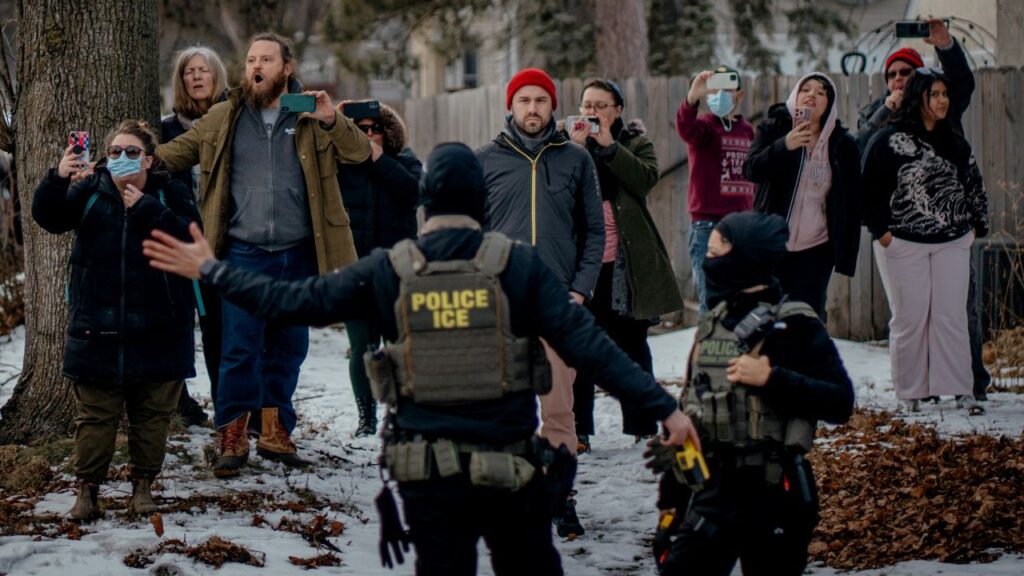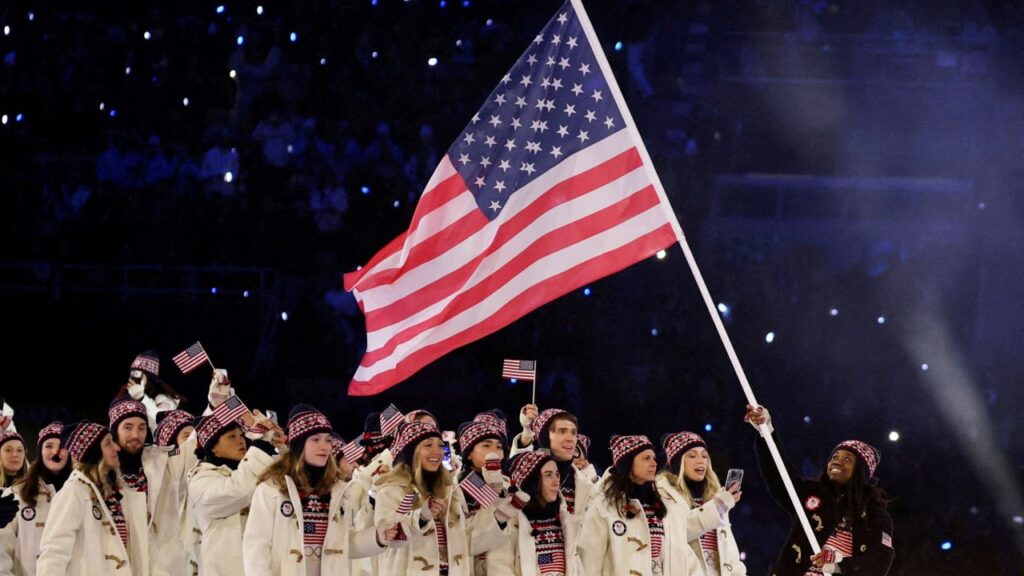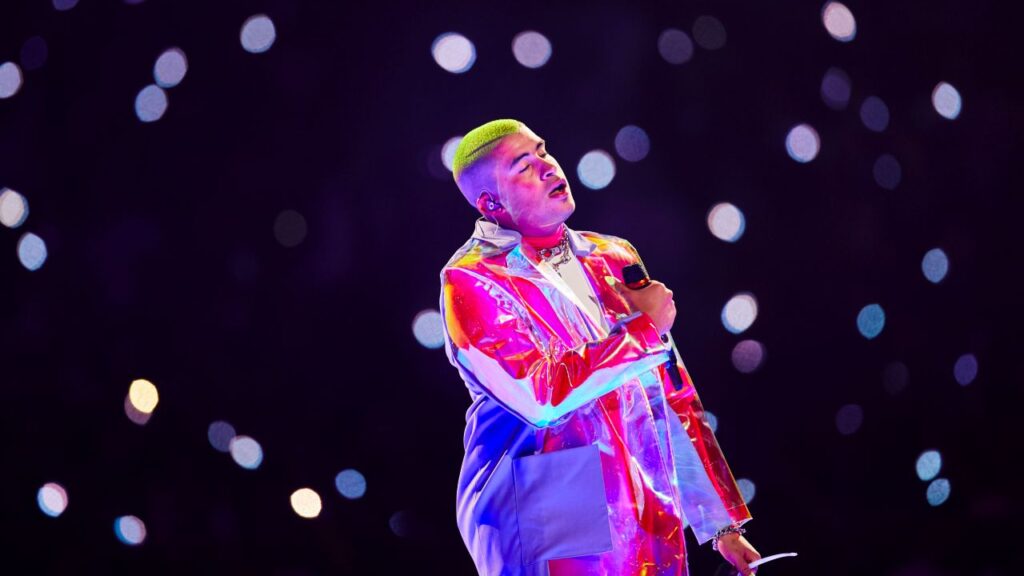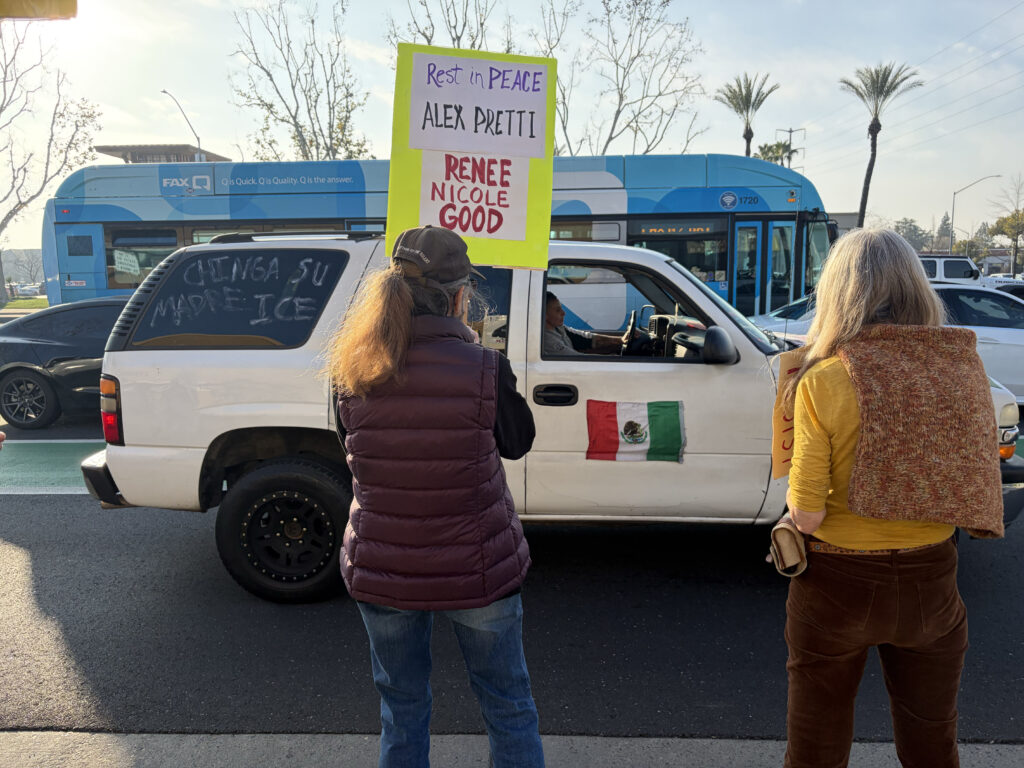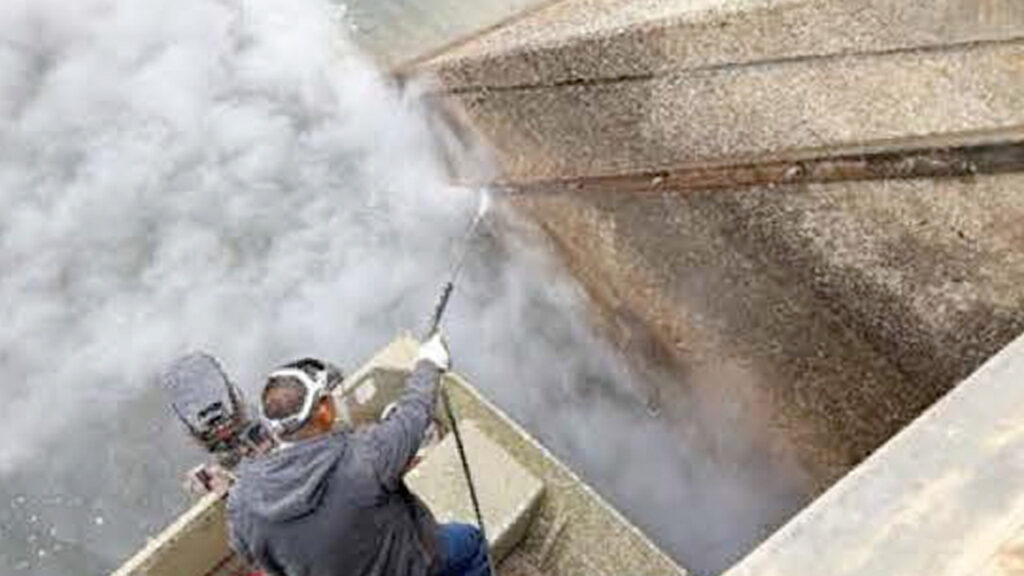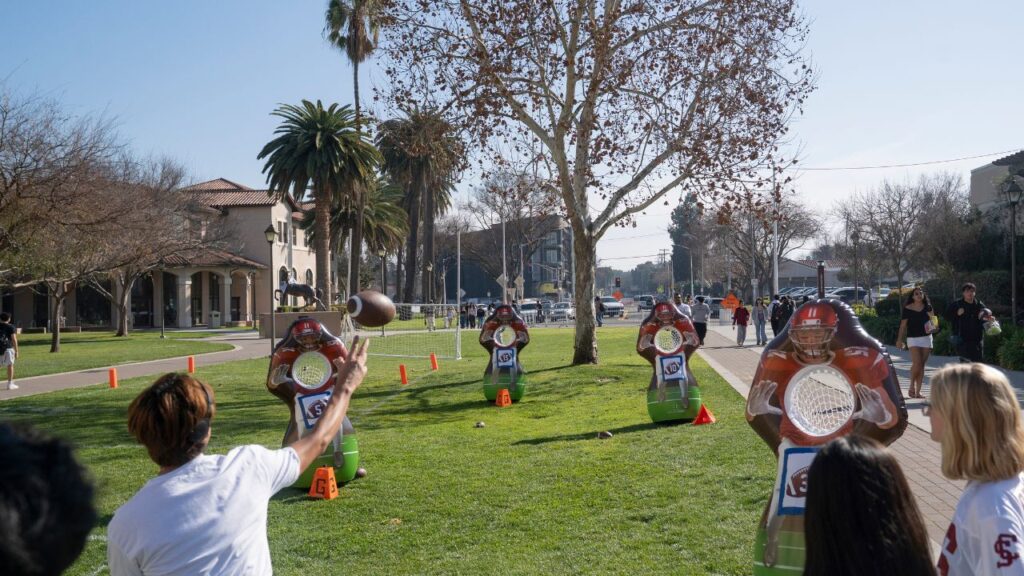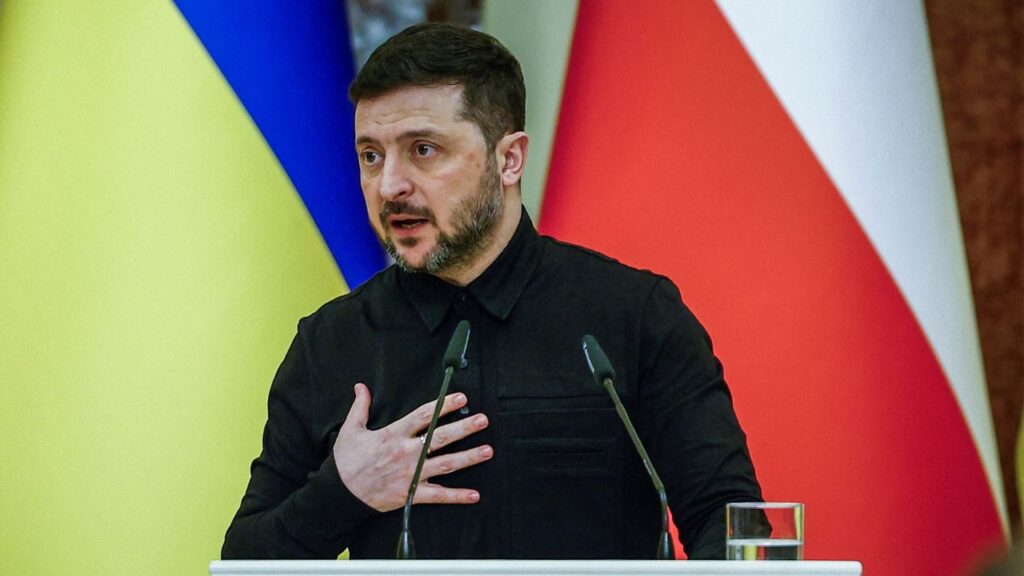Share
|
Getting your Trinity Audio player ready...
|
Attorneys on both sides of a dispute between two farming giants finished their closing arguments Tuesday.
Fresno County Superior Court Judge Jeffrey Hamilton gave the 12 jurors and one alternate a primer on the often-complicated thresholds of contract law.
At issue is the decision by the Assemi brothers —Farid, Farshid, and Darius of Maricopa Orchards and other entities — to leave the growers cooperative run by the Wonderful Company and Stewart Resnick to build their own pistachio processing plant, now called Touchstone Pistachios.
Darius Assemi is the publisher of GV Wire.
Attorneys for the Assemi brothers claim that after Farid notified Resnick they would no longer provide nuts to the Wonderful Company, Resnick changed the rules on bonuses paid to growers each crop year. And, after Resnick said he would “destroy them,” the Assemis asked for assurances they would get a bonus for their crop.
Attorneys for Wonderful Company said the brothers’ decision to leave was driven by a desire to make as much money as possible. Their strategy to legally break the contract meant making unreasonable demands for assurances behind the crop bonus. Attorneys also said “super trees” sold to the Assemi brothers in 2015 and 2016 included a 10-year promise to continue providing nuts to Wonderful.
The Assemis sued Wonderful on four different charges totaling nearly $40.8 million. Resnick countersued for more than $170 million based on the value of the pistachios not delivered under contract.
‘We’re Going to F— Them’: Stewart Resnick Changes Terms of Million-Dollar Bonuses
In August 2018, Farid emailed Resnick saying they would not be delivering the 2020 crop because the Assemis would be building their processing plant.
On that news, Assemi lawyer James Bennet said Resnick became hostile to the growers. Kevin Assemi — son of Farid — testified that Resnick “was going to do things to us he would never do to any other competitor. He couldn’t let us succeed. He had to destroy us.”
At a pistachio grower’s conference, Resnick said of people trying to time the market to get the best possible pistachio prices, “We’re going to (expletive) them.”
Wonderful Co. attorney Rick Shackelford had said Kevin wanted to time the market during shortages to get better pistachio prices.
In May 2019, Wonderful Co. policy changed stating that if a grower was not under contract for the next year, they would not be eligible for a bonus, according to Bennet.
Wonderful initially pays 70% of the crop price to members of the co-op. The remaining 30% — called the bonus — is paid later.
After 2018, language from Wonderful changed, saying the decision to distribute bonuses was “discretionary.”
However, Bennet said a 2014 contract made bonuses mandatory.
Before the Assemis decided to withhold the 2019 crop from Wonderful, Bennet said they had the intention of delivering 28 million pounds of pistachios.
But, on the eve of that year’s pistachio harvest, Kevin asked to get assurances about the crop bonus.
Leaving pistachios on the tree threatens their marketability.
The Assemis needed a response as soon as possible, said Bennet. But a response took three days to be returned And the language was vague and legalistic.
Andy Anzaldo, a Wonderful executive, told Kevin they would receive bonuses “to which you are entitled,” said Bennet. Bennet said that inquiries led the Assemis to believe it was Resnick who decided whether bonuses would be given.
Kevin Assemi Behind Conspiracy to Get Wonderful to Break Contract: Attorneys
Wonderful’s damages claim depends on whether jurors believe the Assemis had reasonable grounds to believe Resnick might not pay.
Shackelford, a Wonderful attorney, contended it was never the Assemis’ intent to deliver the 2019 crop.
Wonderful Co. attorneys say Kevin Assemi, during his brief tenure as CEO of Maricopa Orchards, managed to destroy a profitable partnership.
Attorneys quoted witnesses who testified that while making deals with Farid was about business, deals with Kevin were more “adversarial.” Because Kevin was a lawyer, negotiations with him were legalistic, Shackelford said.
Wonderful painted a picture of Kevin stepping into the leadership role wanting data-driven revenue. Attorneys say it was Kevin who came up with the idea to leave the Wonderful Growers Cooperative. In a text message, he said they could make 50 cents more a pound processing their own nuts.
“All they needed was an excuse,” said Shackelford.
An email from Farid in July 2019 said the cash situation was very tight.
“I am scrambling. Trying to sell what I can and line up as much financing as we can,” Farid wrote in an email cited by Shackelford.
Shackelford said demands for adequate assurance about receiving the 2019 crop bonus was a set-up to collect money.
Did Wonderful Get Better Pistachio Prices Than Other Growers in Co-op?
Assemi lawyer Bennet said Wonderful had breached its duties to the brothers going back to 2015.
Grower cooperatives are nonprofits that need to operate for the mutual benefit of all members.
The Wonderful Growers Cooperative divided growers into two different pools called “processed” and “unprocessed.”
While Resnick had crops in both pools, the Assemi brothers only had crops in the unprocessed pool. Only Resnick’s crops have ever been in the “processed” pool, according to Bennet.
Shackelford said the choice to be in the processed pool had to be made years in advance. But Bennet said the Assemis were never given a choice.
Financial documents that came out during the trial’s discovery phase show that growers in the unprocessed pool regularly received less than those in the processed pool, as much as 90 cents a pound in 2016, Bennet said.
Shackelford said the whole purpose of being in a cooperative is the tax benefits and the regulations are strict. Shackelford said Resnick had more to lose than Farid if they didn’t follow the co-op’s rules.
Handshake Deal for ‘Super Trees’
Resnick has a breed of pistachio trees that typically produce 30% more a year than the average tree. From 2015-18, 384,000 of these trees went to Farid Assemi.
The question jurors will have to decide is the terms Farid and Resnick agreed upon to get those trees.
Resnick said there was an agreement to sell the trees at a discount so long as Farid agreed to provide nuts to the coop for another 10 years.
The Assemis say they would have never agreed to that deal.
No written deal exists. Shackelford said Resnick preferred to make deals like these on a handshake. Resnick made a similar one with the Parnagian family that they have honored, said Shackelford.
A 2014 phone call recorded between Farid and Resnick has Farid saying “and this trust is with you and I. I can just shake hands with you and go.”
But multiple communications make no mention of the 10-year term.
Darius testified Farid never made mention of this handshake deal to the family. He said if he had heard that deal from his brother he would have asked, “What are you drinking or smoking?”
A master sales agreement in July 2018 did not mention a handshake deal. An email to former Maricopa CEO John Reiter outlining rules around not propagating the trees did not mention a handshake agreement, Bennet said.
“Every contract these parties ever had was in writing,” Bennet said.
RELATED TOPICS:
Categories
